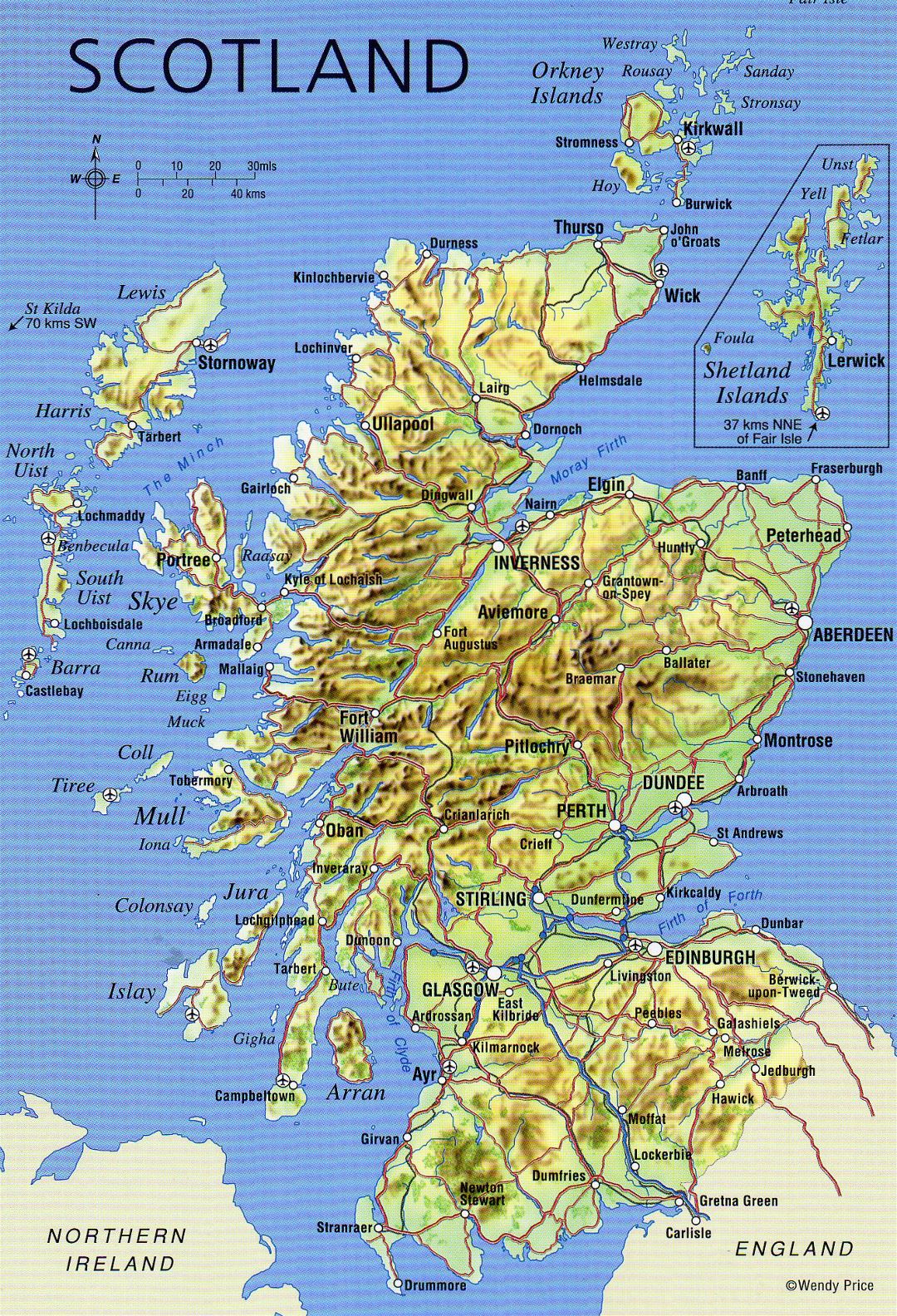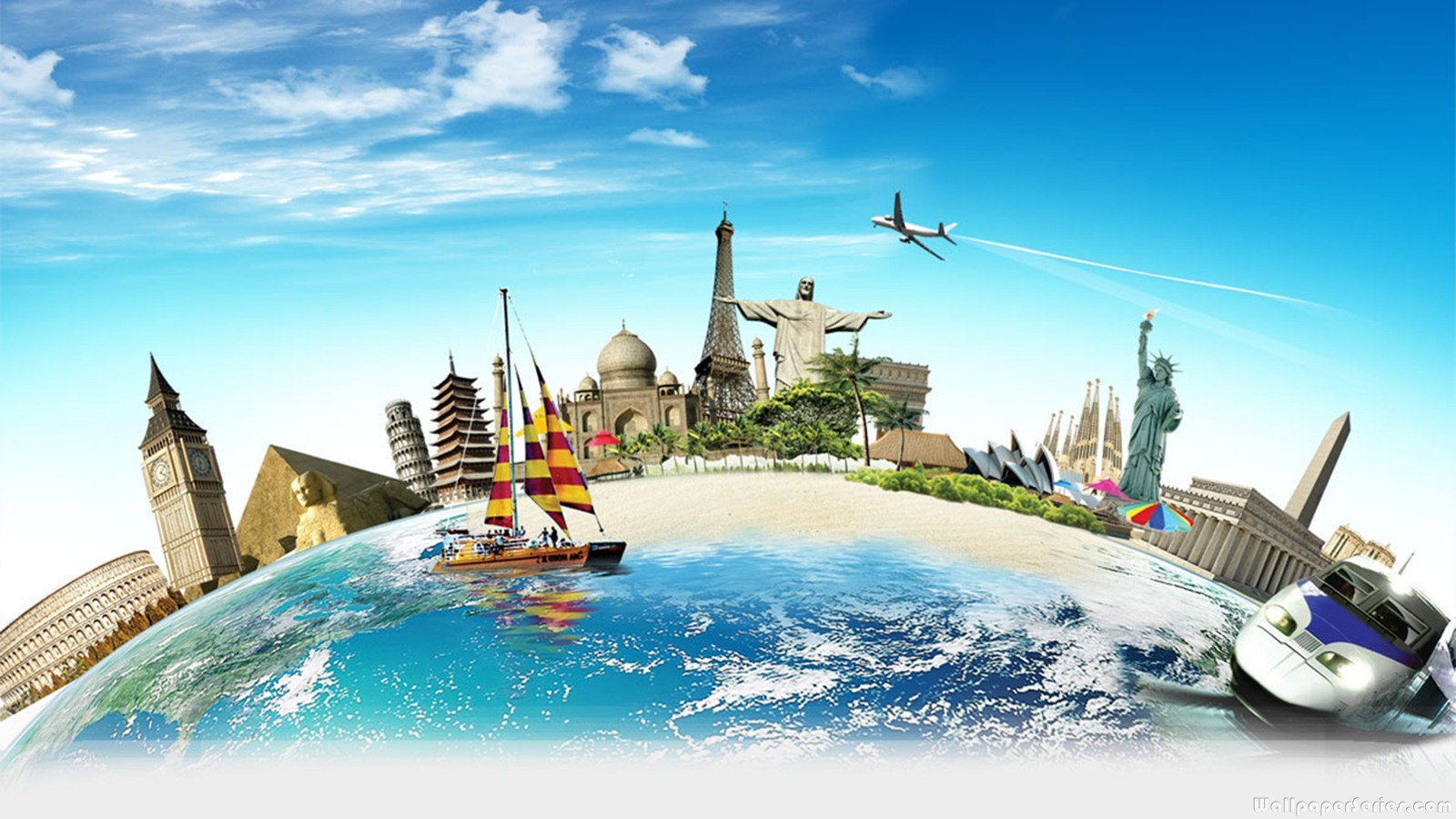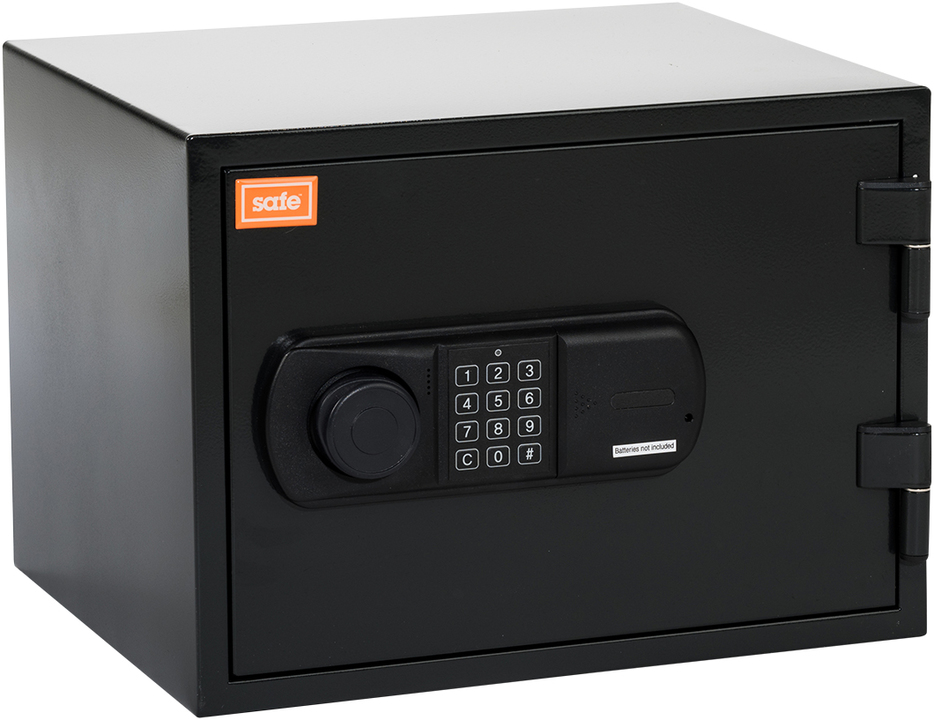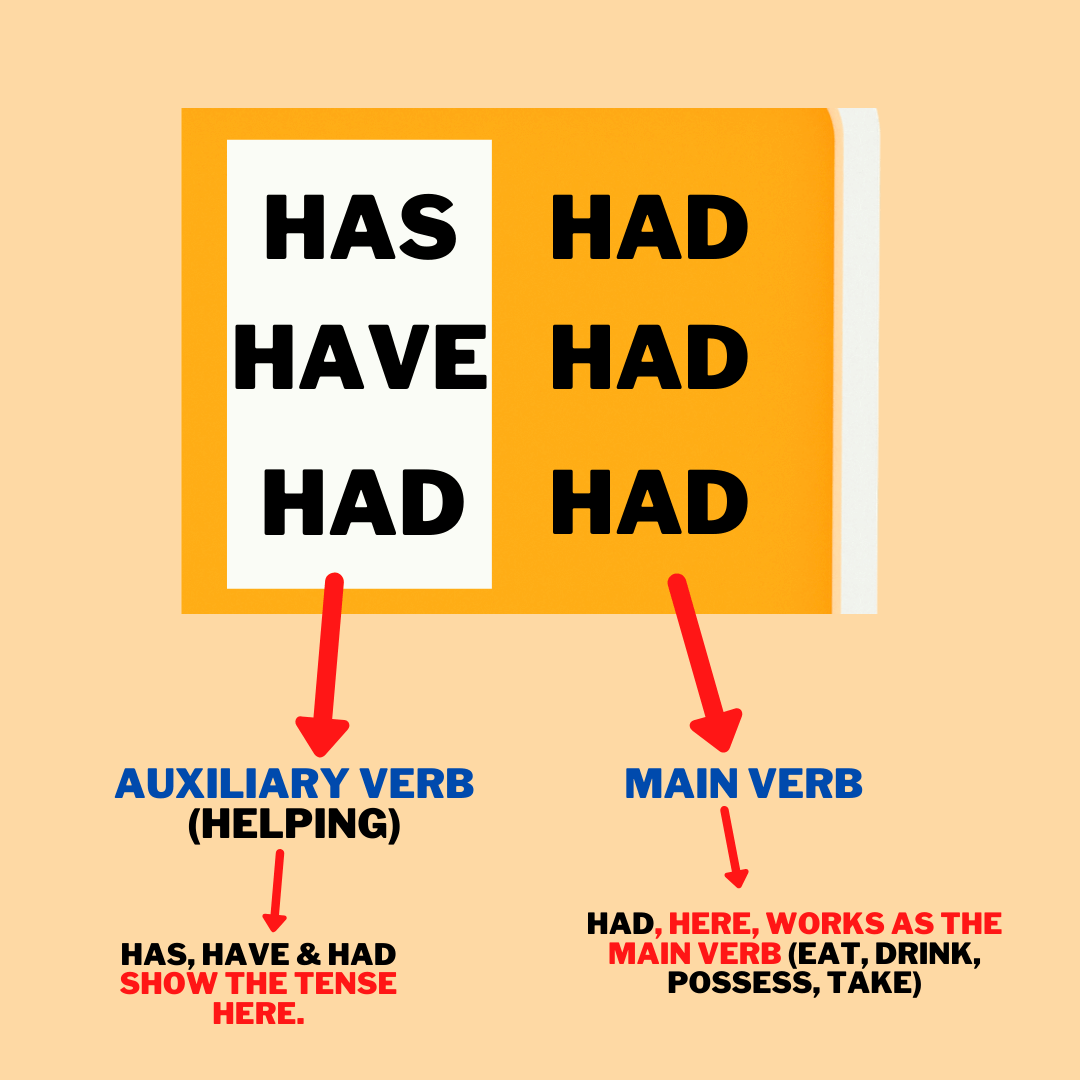Hidden Travel Expenses: Beyond Transportation Costs
Hidden travel expenses: what your budget might be miss
When plan a trip, most travelers straightaway think about the big ticket items: airfare and ground transportation. Notwithstanding, these expenses represent solely a fraction of your total travel costs. Understand the full spectrum of potential expenses can help you create a more realistic budget and avoid financial stress during your journey.
Accommodation expenses beyond the base rate
They will list price for your hotel or rental is seldom the final amount you’ll pay. Several additional costs can importantly increase your accommodation expenses:
Resort and destination fees
Many hotels charge mandatory resort fees that aren’t included in theadvertisemente rate. These fees typically range $20 $ 20$50$ 50 per night and cover amenities like pool accesWi-Fiifi, and gym facilities — evening if you don’t use them.
Security deposits
Hotels and vacation rentals oftentimes place hold on your credit card range from $50 to several hundred dollars. While these are refundable, they temporarily reduce your available credit during your trip.
Clean fees
Vacation rentals oftentimes charge cleaning fees that can add $100 or more to your total. Unlike the nightly rate, these fees don’t decrease for shorter stays, make them peculiarly impactful for weekend getaways.
Parking fees
Urban hotels typically charge $25 $75 per night for parking. This expense can rapidly add up, specially for longer stays. Some properties offer free parking, but this amenity is become progressively rare in city centers.
Food and beverage costs
Dining expenses oftentimes consume a substantial portion of travel budgets, oftentimes exceed travelers’ expectations.
Restaurant meals
Eat out for every meal add up rapidly. In tourist areas, expect to pay premium prices — much 20 30 % higher than equivalent restaurants in non-tourist zones. For a family of four, three restaurant meals a day can easily excee$15050 $200every dayy.
Grocery store visits
Evening if you plan to cook some meals, grocery prices in tourist destinations or unfamiliar countries may surprise you. Island destinations and remote locations much have importantly higher food costs due to import expenses.
Water and beverages
In many countries, tap water isn’t potable, require you to purchase bottled water. This apparently small expense can add up, specially in hot climates where staying hydrated require several bottles every day.
Tip culture
Gratuity expectations vary globally. In the United States, expect to add 15 20 % to restaurant bills, while European countries might include service charges mechanically. Research tip customs for your destination to avoid budgeting mishaps.
Activity and entertainment expenses
The experiences that make travel memorable besides contribute importantly to your overall costs.
Attraction tickets
Popular attractions can command premium prices. A family of four might spend $400 $600 for a single day at a major theme park. FFiftymuseums and historical sites typically charge $ 15 $3$15r person.
Tours and guided experiences
Local tours provide valuable insights but come at a cost. Walking tours might start at $20 $30 per person, while specialized experiences like food tours or adventure activities can range from $$50to several hundred dollars.
Special events
Concerts, sporting events, and festivals offer unique cultural experiences but require additional budget allocation. Research event schedules and ticket prices before your trip to incorporate these costs into your planning.
Photography and souvenir expenses
Many attractions offer professional photos or unique souvenirs. While optional, these purchases can add up promptly if you’re visited multiple sites or travel with children who request mementos.

Source: expensein.com
Health and safety expenses
Protect yourself and your belongings represent another category of essential travel expenses.
Travel insurance
Comprehensive travel insurance typically cost 4 10 % of your total trip price. This expense cover potential medical emergencies, trip cancellations, and lose luggage — provide valuable peace of mind.
Vaccinations and medications
Depend on your destination, you might need specific vaccinations or preventative medications. Some travel vaccines cost $100 $500 and may not be cover by regular health insurance.
First aid supplies
Pack basic medications and first aid supplies prevents pay inflated prices for common remedies overseas. Include pain relievers, digestive aids, bandages, and any prescription medications you regularly take.
Safety equipment rentals
Adventure activities oftentimes require specialized safety equipment. While rental fees are typically modest ($$5$20 ))they represent additional costs beyond the base activity price.
Communication and technology expenses
Stay connect while travel involve several potential costs that are easy to overlook.
International phone plans
Use your phone overseas without an international plan can result in shocking bills. International day pass typically cost $5 $15 per day, while local sim cards offer a more economical option for longer trips.
Wi-Fi access
While many accommodations offer free Wi-Fi, some premium properties notwithstanding charge for connectivity. Additionally, secureWi-Fii acaféses or airports might require purchases or hourly fees.
Device adapters and chargers
Different countries use various electrical outlets, necessitating adapters that cost $10 $30. Forget essential chargers mean purchase replacements at premium prices in tourist areas.
Cloud storage
Photo heavy trips might require additional cloud storage to back up your memories. Will consider temporary storage upgrades if you’ll be taken numerous photos and videos.
Unexpected fees and charges
Yet the nearly meticulous planners encounter unexpected expenses during their travels.
Currency exchange fees
Convert currency typically incur fees of 2 5 % through banks or exchange services. Atm withdrawals overseas may too include foreign transaction fees of 1 3 % plus fix withdrawal charges.
Credit card foreign transaction fees
Many credit cards charge 3 % on all foreign purchases. Before travel, consider obtain a card specifically design for international use with no foreign transaction fees.
Baggage fees
Airlines progressively charge for check luggage ($$30$60 per bag ))nd sometimes fiffiftyrry on items. Overweight bags incur additional fees that can exceed $ 100 per$100.
Airport transfers
Transportation between airports and accommodations much cost more than expect. Airport taxis oftentimes charge premium rates, while pre-arranged shuttles offer more predictable pricing.
Visa and documentation expenses
Legal requirements for international travel represent another category of necessary expenses.
Visa application fees
Depend on your destination and nationality, visa fees range from $20 to several hundred dollars per person. Some countries besides require visa processing services that add to the total cost.
Passport renewal or expediting
Standard passport processing cost $110 $165 for adults, with expedite services add $$60$100. Last minute passport needs can require premium processing fees exceed $ $200
Required documentation
Some countries require proof of onward travel, specific vaccinations, or minimum insurance coverage. Secure these documents may involve additional expenses beyond the basic visa fee.
Entry and exit fees
Several countries charge entry or departure taxes range from $10 to $$50 sometimes collect severally from your airfare. Research these requirements in advance to avoid surprises at border control.
Practical tips for managing travel expenses
With sol many potential costs, how can travelers efficaciously manage their budgets?
Create a comprehensive budget spreadsheet
List every expense category and allocate funds consequently. Include a contingency fund of 15 20 % for unexpected costs or emergencies.
Research destination specific expenses
Each location have unique cost considerations. Online travel forums and destination guides much highlight location specific expenses that guidebooks might miss.
Track expenses during your trip
Use a travel expense app or simple notebook to monitor spending. This practice helps identify budget creep before it become problematic.

Source: ignitespot.com
Consider package deals cautiously
All-inclusive options will eliminate many individual expenses but maMayot will represent savings if you won’t will use all will include services. Calculate the value base on your specific needs.
Balance budget and experience
Travel expenses extend far beyond transportation costs, encompass everything from accommodation surcharges to visa fees. By anticipate these expenses and incorporate them into your planning process, you can create a realistic budget that support meaningful experiences without financial stress.
Remember that the goal isn’t needs to minimize every expense but to allocate your resources deliberately. Sometimes, spend more in one category allow you to save in others or enhance your overall experience. The virtually successful travel budgets reflect your personal priorities while acknowledge the full spectrum of potential costs.
With thorough planning and realistic expectations, you can navigate the complex landscape of travel expenses while focus on what genuinely matter — create memorable experiences and connections during your journey.
MORE FROM visa4visit.com













